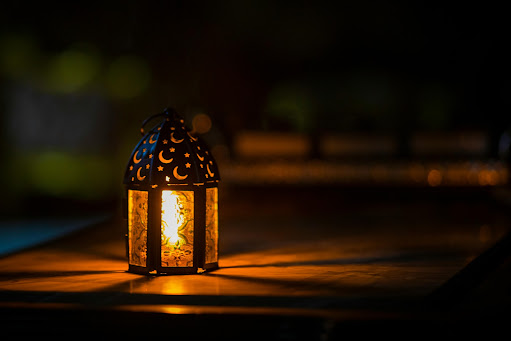14 Sunnah of eating food

(1) Wash both hands up to the wrists. - Abu Dawud 3761 (2) Laying out the dastarkhan and eating. Bukhari 5386 (3) Reciting Bismillah at the beginning of the meal. Bukhari 5376 (4) Eating with the right hand. Bukhari 5376 (5) When some people eat together, if the food is of one kind, eat in front of themselves. Bukhari 5376 (6) Do not eat from the middle. - Mustadra Hakim 7271 (7).7) Do not eat while leaning.- Bukhari 5398 (8) Do not find faults in food. Bukhari 5409 (9) When any part of food falls, pick it up and clean it if necessary. - Tirmizi 1905 (10) Some people sit down to eat their own food, but sit down until the other person has finished eating. - Ibn Majah 3295 (11) Do not get up on your own until you lift the dastarkhan at the end of the meal. - Ibn Majah 3295 (12) At the end of the meal, clean the eating utensils with your fingers. Muslim 5307 (13) Wash both hands after eating. - Abu Dawud 37...






